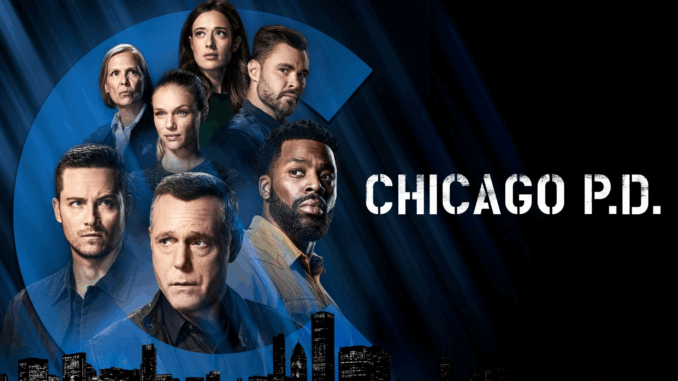
When Chicago P.D. first premiered in 2014, it quickly carved out a reputation for being the most hard-hitting and intense of NBC’s One Chicago franchise. While Chicago Fire brought emotional rescues and camaraderie, and Chicago Med focused on high-stakes hospital drama, P.D. stood apart — a dark, grounded, and morally complex police procedural that didn’t shy away from the grittier side of urban law enforcement.
But now, over a decade later, with changing cast dynamics, evolving storytelling, and shifts in audience viewership, many are asking: Is Chicago P.D. still the grittiest show in the One Chicago lineup?
A Tonal Divide: P.D. vs. Fire and Med
From the start, Chicago P.D. was built on stories of organized crime, trafficking, murder investigations, and internal corruption. Its Interrogation Room scenes were infamous for their raw tension, and the show often ventured into the greyest areas of justice — raising difficult ethical questions that rarely had clean answers.
In contrast, Chicago Fire leans more on action, teamwork, and the emotional bonds of first responders. Chicago Med presents life-and-death medical cases with an emphasis on ethics and human empathy. Both are dramatic, but rarely descend into the darkness that P.D. frequently explores.
Ratings Tell One Story — Tone Tells Another
Interestingly, in 2025, Chicago Med is currently leading the franchise in ratings. It has a broad audience appeal and consistently delivers compelling, character-driven narratives. But many longtime fans still consider P.D. the most “real” — not necessarily in factual accuracy, but in emotional and psychological weight.
Part of this perception is the show’s minimal use of background music. While other shows lean on sound to guide mood, P.D. often opts for silence, letting the tension speak for itself. The recent seasons have doubled down on this cinematic approach — using slow pacing, visual storytelling, and atmospheric lighting to build suspense without ever needing to raise the volume.
Cast Changes — But Not a Change in DNA
Recent years have brought major shifts in the P.D. cast. Fan-favorites like Tracy Spiridakos and Jesse Lee Soffer have departed, making way for new faces like Arienne Mandi’s Naomi Kerr — a mysterious, battle-worn military vet whose secrets add new tension within the Intelligence Unit.
Despite the shakeups, the series hasn’t lost its edge. If anything, the focus has sharpened. New characters bring new perspectives, but the heart of Chicago P.D. remains the same: high-stakes investigations, blurred lines between justice and revenge, and the deep emotional scars carried by its detectives.
Crossover Episodes Highlight the Contrast
January’s One Chicago crossover event gave fans a perfect side-by-side comparison of the three shows. Fire opened with a harrowing building collapse, Med handled the fallout in the ER, but P.D. closed the story with a gritty hostage situation and a criminal investigation that pulled no punches.
The visual language of P.D. also stood out — nighttime shots, long takes, and a deliberate use of shadows all contributed to a more somber, grounded atmosphere compared to the more high-energy sequences seen in Fire or Med.
Emotional Depth That Cuts Deep
More than just the crimes, what keeps Chicago P.D. compelling is the emotional weight of its characters. Voight continues to wrestle with personal tragedy and the consequences of his own methods. Burgess faces trauma that bleeds into her daily work. Ruzek and others operate in constant proximity to violence — and it shows.
These aren’t “case-of-the-week” cops — they’re haunted, layered individuals shaped by the world they operate in. And despite the intensity, the writers still carve out space for humanity — small, quiet moments that give characters a chance to breathe, even if only briefly.
Final Verdict: Still the Grittiest
So, is Chicago P.D. still the grittiest series in the One Chicago universe? Without a doubt.
While Med enjoys a ratings high and Fire continues to thrive on heart and heroism, P.D. remains unapologetically raw. It doesn’t chase big explosions or melodrama — it focuses on the murky, morally complex world of urban policing, where justice isn’t always clean, and survival often comes at a cost.
In 2025, Chicago P.D. isn’t just surviving — it’s still punching hard, and refusing to soften its blows.
